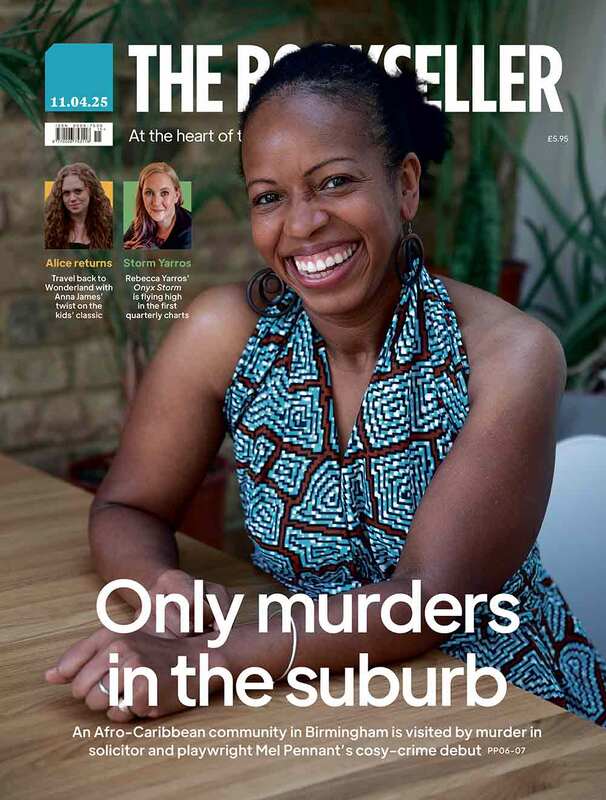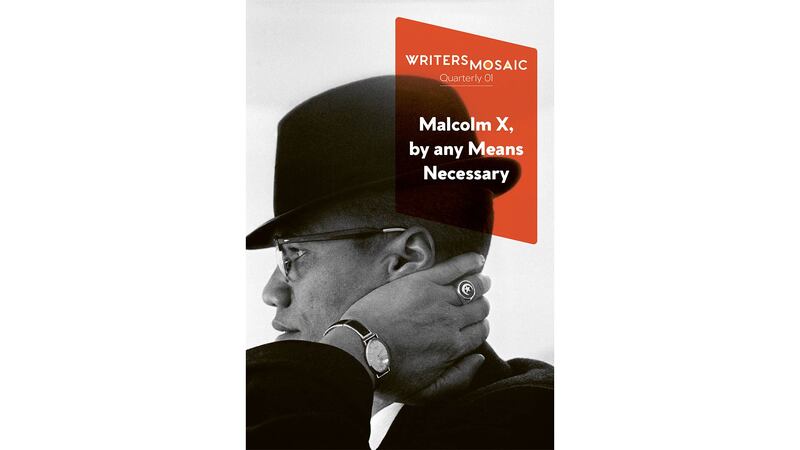You are viewing your 1 free article this month. Login to read more articles.
PRH makes diversity and inclusion progress but senior leadership slower to change
Penguin Random House (PRH) has progressed when it comes to the diversity of its workforce, particularly in the areas of disability and socio-economic representation, and a sense of “belonging” among staff remains high, but representation among senior leadership, 95% of whom identify as white, is slower to change and remains a key area of focus for the publisher.
According to its latest Diversity & Inclusion report, the third of its kind, in 2022, socio-economic representation improved among new hires. Almost half of new hires (49%) attended a non-selective state school, up 5.5% on 2021 and matched by the percentage of authors, illustrators and contributors who attended a non-selective state school (49.5%). This was up 8.3% year-on-year.
Furthermore, 19% had parents with lower socio-economic occupations (up 1.5% on 2021), and 21.2% had been on free school meals (up 1.2% on 2021). Across the company as a whole, 22.9% of employees reported having parents in lower socio-economic occupations (up 3.1% on 2021), while the percentage of employees with parents with professional occupations dropped 3.7% (while still making up the majority of the workforce) to 62.1%. Overall, 51% of employees attended a non-selective state school, up 2%.
The socio-economic make-up of the senior leadership team in 2022 saw 42.2% attend non-selective state schools and 37.1% attend an independent or fee-paying school. Starkly, 74.6% had parents with professional occupations, compared to just 11.9% with lower socio-economic occupations (and 13.5% intermediate).
Socio-economic representation is currently a major focus for PRH after the publisher’s previous report (2021) showed it lagging behind. This year, the publisher has opened its internship only to people from lower socio-economic backgrounds as one way of redressing the balance. Regarding diversifying senior leadership, the organisation flagged inclusive hiring and management training as well as the hosting of focus groups with PRH’s inclusion networks to optimise the company’s talent pipeline as a means by which the organisation is attempting to ensure diverse talent progresses through the ranks. Senior leaders are a group of approximately 160 staff, equivalent to the top 10% of the organisation.
In this year’s report, c.e.o Tom Weldon said: “During the last reporting period we have increased our work to remove entry barriers that prevent people from joining the industry. We offer targeted support to groups that data shows are underrepresented – for example, the decision to open this year’s summer internships only to candidates from lower socio-economic backgrounds.
“As well as delivering our inclusion strategy, we also look beyond our company for opportunities to contribute to wider change. This year we reaffirmed our commitment to working with others for the betterment of the entire industry by signing up to the Publishers Association’s new inclusivity action plan. Next, we will explore barriers to progression and retention that colleagues from underrepresented groups face, so colleagues from all backgrounds are supported to thrive. We will also continue working to publish more inclusively and publish writers from backgrounds underrepresented on the nation’s bookshelves."
One fifth (20.4%) of new hires had a disability or long-term condition, an increase of 5.7% compared to 2021, and 22% of new hires identified as LGBTQ+, compared to 21.9% in 2021. In terms of gender, 68% of the workforce identified as women, 30% as men and 1% were non-binary or gender queer. One percent preferred not to say. Across the organisation, 20.3% had a disability or long-term condition, an increase of 2.4% on 2021 in part down to, according to the report, “a combination of more inclusive recruitment and more people feeling able to disclose they are disabled or have a long-term condition, due to recent activity to raise awareness and confidence in talking about disability at work.” Only 8.6% of the senior leadership had a disability or long-term condition, compared to 17.8% of UK society.
The percentage of new hires from Black, Asian or minority ethnic backgrounds stood at 26.7%, a decrease of 5% compared to 2021. Across the company as a whole, 16% of employees are Black, Asian or minority ethnic, down from 17% in 2021. This is attributed to the increased data completion rates of the distribution workforce, which has a lower representation of Black, Asian and minority ethnic colleagues compared to the wider business. Moreover, the report notes: “Continual focus is needed on the senior leadership population, where 95% of people identify as white.”
The majority of employees reported a strong sense of “belonging” in 2022, with 86% stating they felt they belonged in their team, however this dipped slightly from 90% in 2021. The report states: “Positive sentiment towards other belonging statements remains above 2020 baseline levels but has decreased compared to 2021. This is partially due to increased response rates from Distribution colleagues, where feelings of belonging are generally lower compared to the wider business.” Moreover, 84% of staff said they felt they could be themselves in their teams, and 83% said they felt “supported, valued and listened to by their manager.”
The report goes on: “Levels of belonging across most demographic groups were consistent with 2021 levels. Across ethnicity, disability, gender, sexual orientation, and socio-economic background, levels of belonging for both majority and minority groups scored between 4 – 4.2 out of 5 (with 1 indicating low belonging and 5 indicating high belonging). Black, Asian and minority ethnic colleagues reported an increased level of belonging compared to 2021, which reduced the gap between their belonging and that of white colleagues by half. Small differences in belonging continue to exist between majority and minority groups, and we will continue working towards an equal sense of belonging for all.”
Weldon said: “We are a company with a big mission: we make books for everyone, because a book can change anyone. Our business is built on connecting stories and ideas with the widest possible readership. To achieve this, we need to represent the rich diversity of UK society – both in who we publish and who we employ. Each book, each colleague and each voice is an opportunity for us to become a more inclusive employer and publisher.
“We recognise our role and responsibility to tackle inequality and welcome the opportunity to meet the expectations of readers, colleagues and local communities. With that in mind, I am pleased to share with you our third Diversity & Inclusion report. The delivery of our inclusion strategy is firmly underway and this report reflects on what’s been achieved recently. It also shares new commitments across all aspects of our inclusion strategy. This is particularly important as we enter the final year of our new hire and author representation goals, which have a target date of the end of 2023. These are in addition to our senior leader goal which has a target date of the end of 2026 and our belonging goals which are ongoing.”


















